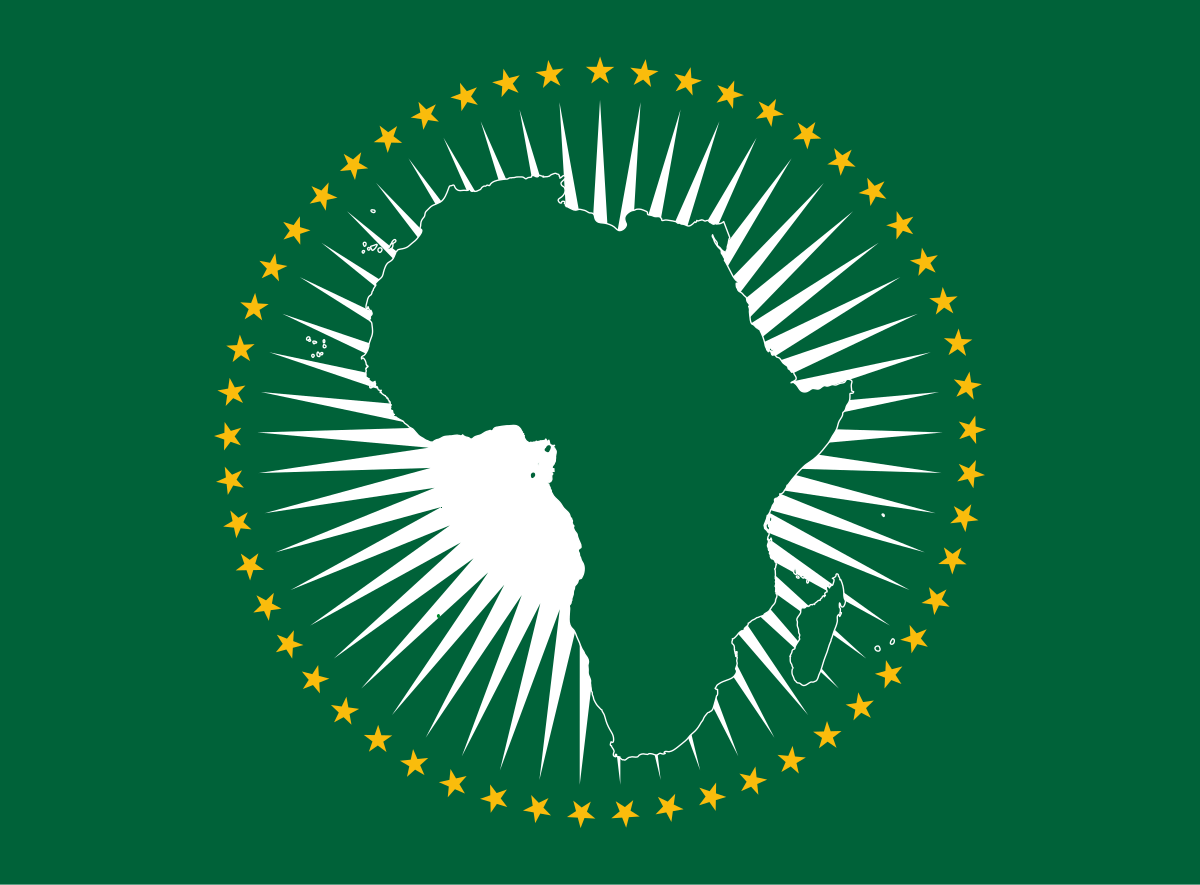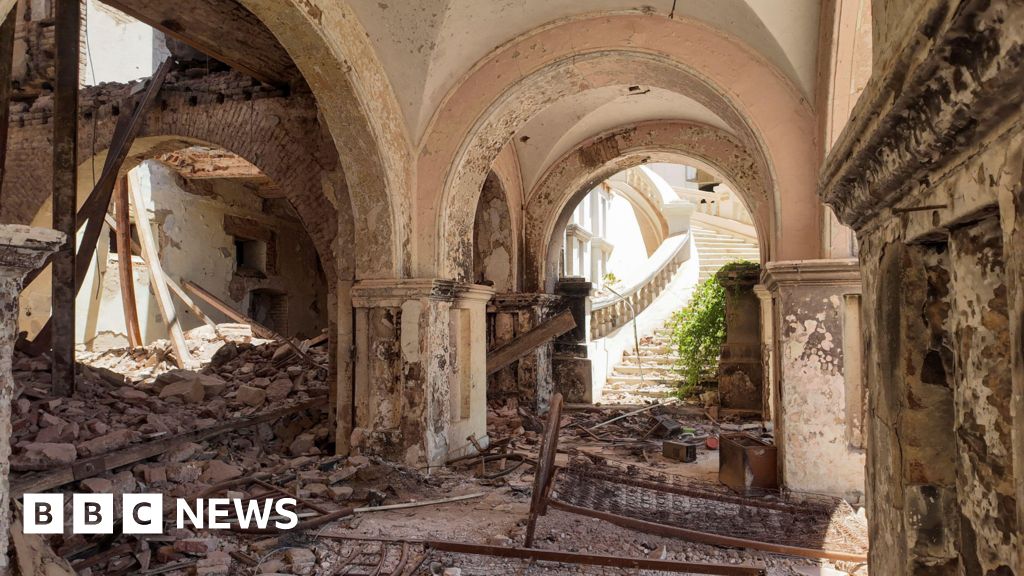Sudan War Enters Third Year: Millions Displaced and Reports of War Crimes

As the brutal conflict in Sudan enters its second year, the humanitarian crisis continues to deepen, marked by widespread displacement, famine, and alarming levels of sexual violence. The United Nations reports that the war has displaced 13 million people, including 8.6 million internally displaced and 3.8 million refugees. The fighting between the Sudanese army and the paramilitary Rapid Support Forces (RSF), which began in April 2023, has resulted in tens of thousands of deaths and fractured the country into territories controlled by warlords.
Nowhere is the situation more dire than in Darfur, where the RSF has launched a new offensive to capture El-Fasher, the last major city in the region under army control. The recent assault on El-Fasher and nearby displacement camps, such as Zamzam and Abou Shouk, has led to the deaths of over 400 people, according to the UN. The RSF has claimed control over Zamzam, resulting in the displacement of around 400,000 people. Civilians fleeing the violence, mostly women and children, have arrived in Tawila, nearly 70 kilometers west of El-Fasher, in critical condition, reporting horrific violence.
The conflict has effectively divided Sudan, with the army controlling the north and east, and the RSF controlling much of Darfur and parts of the south. Germany’s foreign minister, Annalena Baerbock, has described the conflict as “the greatest humanitarian catastrophe of our time,” citing widespread destruction, starvation, and sexual violence. The International Committee of the Red Cross has depicted civilians as being trapped in a “relentless nightmare of death and destruction.”
The UN Fact-Finding Mission has warned that “the darkest chapters of this conflict have yet to unfold,” amid rising ethnic violence. As Sudan enters its third year of conflict, there is a pressing need to reflect on the catastrophic situation and honor the lives of those who have been lost or forever changed, according to Mohamed Chande Othman, the mission’s chair.
Sudan’s health system is at a breaking point, with over 30 million people in need of humanitarian assistance, including 20 million in urgent need of health services. Insecurity, shortages of medicines and supplies, and attacks on health facilities have made access to care nearly impossible. Hospitals have shut down or are only partially functioning, leading to deaths from diseases, malnutrition, and conflict-related injuries.
More than two-thirds of Sudan’s states are battling multiple disease outbreaks, including cholera, dengue, measles, and malaria. Immunization campaigns have been disrupted, leading to preventable deaths among children. Malnutrition is surging, particularly among young children and mothers, with famine confirmed in at least five areas. The World Health Organization (WHO) has verified 156 attacks on health care since April 2023, resulting in 318 deaths and 273 injuries.
Despite these challenges, the WHO and its partners have reached over one million patients and sustained 52 hospitals across Sudan. Millions of children have been vaccinated against measles, rubella, and polio, and nearly 13 million people have been vaccinated against cholera. Stabilization centers supported by the WHO have treated nearly 50,000 children suffering from severe acute malnutrition. The Sudan Health Assistance and Response in Emergencies (SHARE) project, a strategic partnership between the WHO, the World Bank, the Sudan Ministry of Health, and UNICEF, aims to restore the functionality of hospitals and primary health centers.
However, the scale of need is outpacing the response. The WHO’s $135 million response plan for 2025 is only one-fifth funded. The WHO is calling on all parties to ensure unimpeded humanitarian access and respect for international humanitarian law, emphasizing that health care is a human right.
Sexual violence is being systematically used as a weapon of war in Sudan, with a 288 percent increase in demand for life-saving support for rape and sexual violence survivors, according to UN Women. Women’s bodies have become a battleground, with widespread reports of sexual violence, including child rape. The RSF and allied forces have been identified as perpetrators in the majority of reported cases. The International Organisation for Migration has shared harrowing accounts from women in Khartoum who have been sexually assaulted, often in front of their families.
The UK co-hosted a conference in London aimed at improving the international response to the crisis. The UK is promising an extra £120m worth of food and medical assistance. Charities say 30 million people in Sudan are in desperate need, and people are starving as a result of the war. The conference aims to unite international partners around a common position, to get more food and medicine into Sudan and to begin charting a way to end the hostilities.
In recent days, the RSF launched an intense ground and aerial assault on camps for displaced people close to the city of el-Fasher in an attempt to seize the last state capital in Darfur held by their rival, the Sudanese army. Zamzam, which has provided temporary shelter for an estimated 500,000 people, is now being systematically destroyed by fire from intentional arson by RSF forces, according to the Yale School of Public Health's Humanitarian Research Lab, which has analysed satellite images taken of the camp. The RSF has not commented on the allegation.
Meanwhile the aid group Doctors Without Border (MSF) says that over 20,000 people have fled to the town of Tawila in North Darfur in under two days. African Union Commission Chairperson Mahmoud Youssouf has called for an immediate end to hostilities in Sudan, condemning ongoing attacks around El Fasher in North Darfur, as well as in the Zanuam and Abu Shouk camps.











